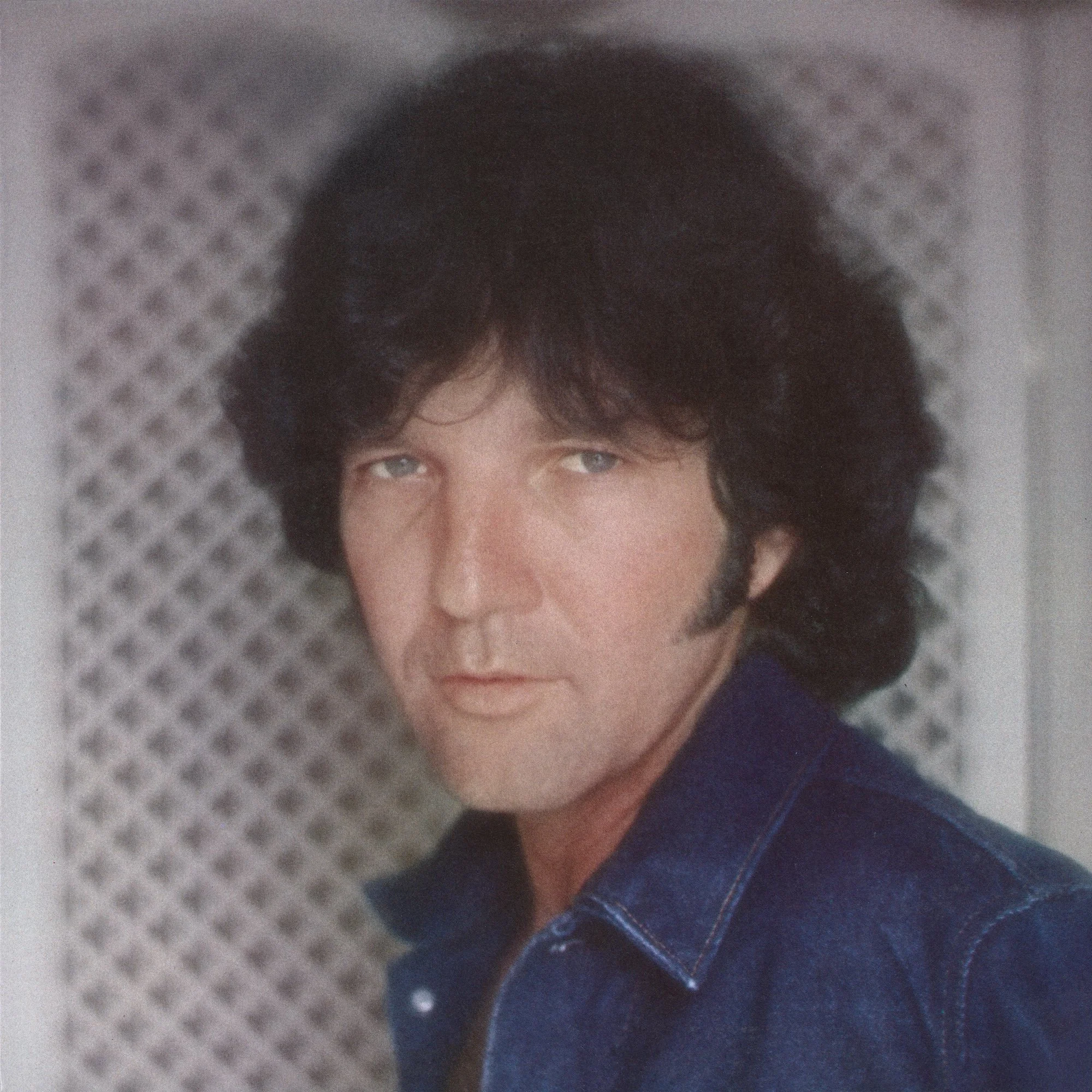Tony Joe White
Bio
Once you immerse yourself in the “swamp funk” country gold sounds of the late Tony Joe White, you quickly realize just how much the singer-songwriter was ahead of his time with the release of his 1980 album The Real Thang.
“When you really dig back and listen to his music, it was just authentic,” says his son, Jody White. “He was influenced by whatever he was doing at that time — country, rock, and soul music — where everything about him was just real and authentic.”
With his smoky baritone voice that could effortlessly shift into a silky whisper, White remains deeply inspirational to a modern era of artists seeking out his unique, intricate tone, either by word-of-mouth or merely happenstance — either way, his music still strikes fire within.
“It’s crazy how he just skated seamlessly from genre to genre, and did it so well,” Jody says. “And I think his legacy is still being written.”
For White, many of his recordings were done at his home studio. The songs remained stuck in a storage unit for years, that is until Jody unearthed boxes of material and started transferring the files into a digital format — the first result of the process being The Real Thang.
“With each new thing I roll out, people will see a new side of him that they hadn’t seen previously,” Jody says. “[The music] should resonate with a lot of people. [The Real Thang] is kind of his forgotten era. He didn’t have a record deal and he’s writing all of these great songs.”
Nicknamed “The Swamp Fox,” White, who passed away in 2018 at age 75, was raised in rural Louisiana, sandwiched between the Delta blues of Mississippi and the honky-tonk swagger of Texas. Add in the vibrancy and sparkle of Memphis soul, and you have a recipe for one truly raw and real musician that remains as mysterious as ever.
Born in 1943 and growing up on a cotton farm, White learned blues and gospel songs early on from his family. As he got older and started pursuing music, he found himself in Texas playing in bar bands and absorbing the country and rock sounds of the 1950s and 1960s.
By the mid-1960s, White started to write songs and soon ended up in Memphis. From there, he eventually found himself in Nashville and befriended Waylon Jennings, with the duo co-writing numbers tunes together, including several found on The Real Thang.
Whereas Jennings “cultivated Tony Joe’s exploration into country music,” when you peel back those endless pages of what each accomplished in their storied lives and careers, the solidarity between them circles back to how Jody always saw his father — as authentic.
“Everything they ever sang about and wrote about is real,” Jody says. “Even if it’s a fictional tale of a cowboy out on the road, the emotion, feeling, and authenticity these guys put into their words and music is something that you can feel every time you listen.”
Now, some 45 years since the debut of The Real Thang, the legend and lore of Tony Joe White continues to grow and evolve, where the album title itself is becoming more and more a genuine descriptive term for the man himself — this elusive musician whose work shines as bright as it did the day it was first captured in the recording booth.
“His music leaves a lasting legacy,” Jody says. “And he will continue to reach generation after generation.”

